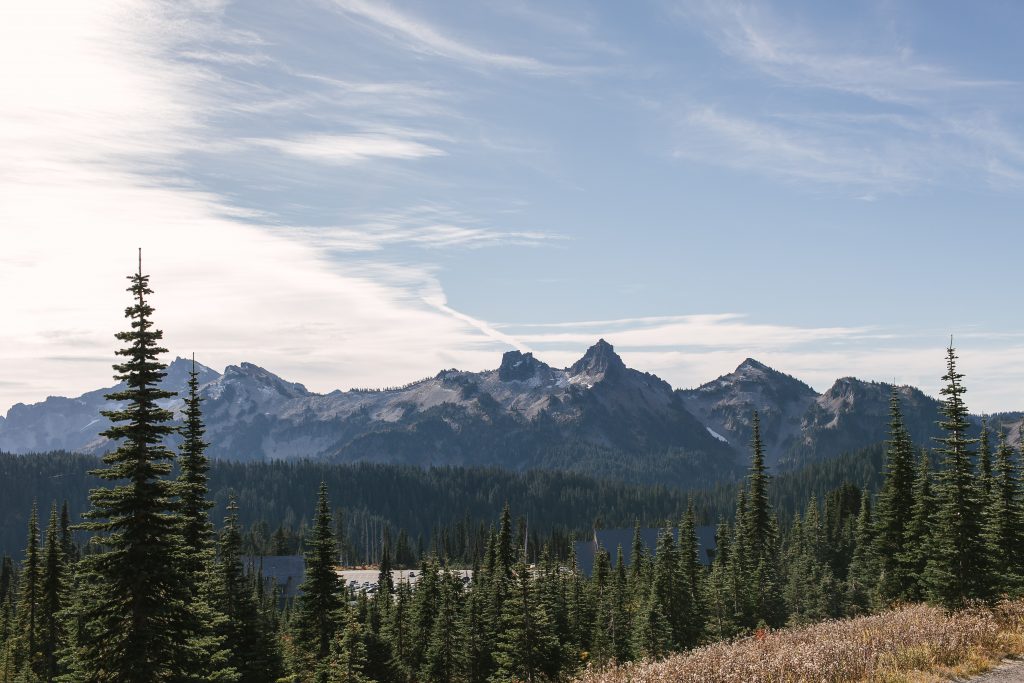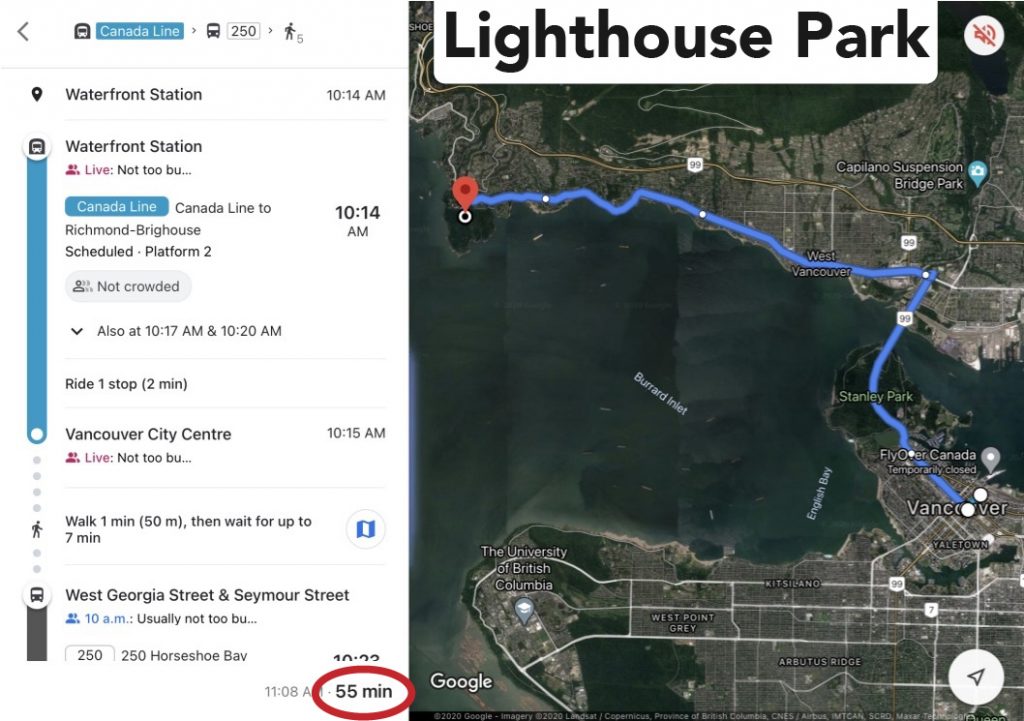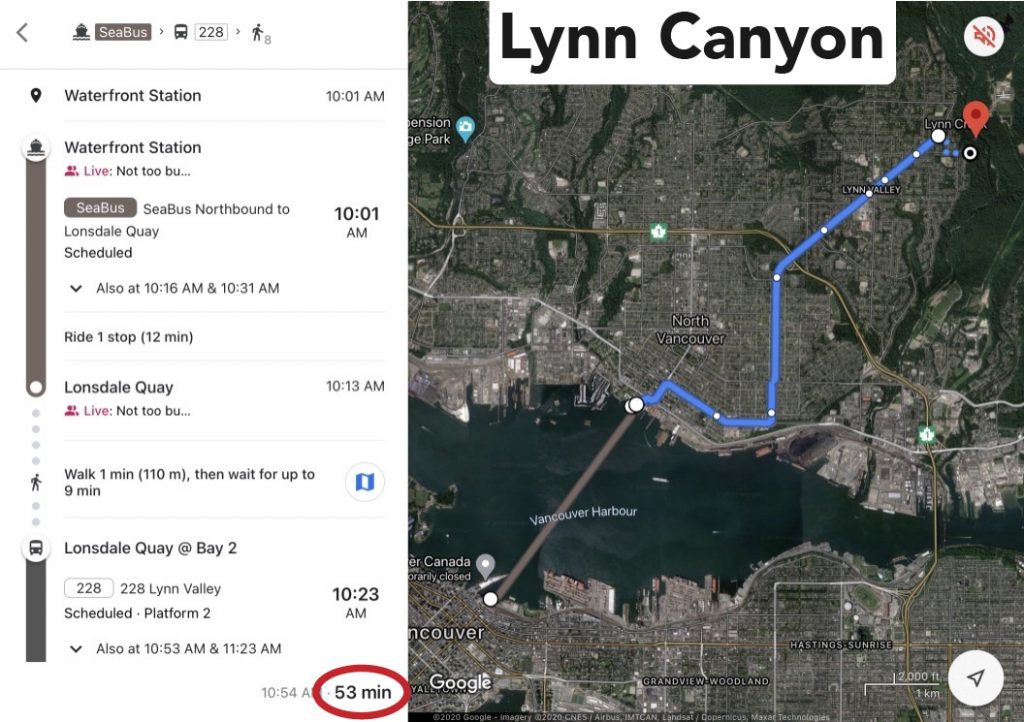The Imperative of Access to Nature for City-Dwellers
The widely-cited 2006 paper ‘Healthy nature healthy people’ begins with a simple question: “remember nature?” This might sound like an exaggeration, but as our planet continues to urbanize rapidly, it is becoming clear that we need to find more ways for city-dwellers to connect with the natural world.

Photo by Vlada Karpovich (pexels.com)
In their article, Maller et al. (2006) summarize findings that show how exposure to the great outdoors can be used as a preventative health measure. Furthermore, Zelenski et al. (2015) show that, when people are exposed to nature, they act in more cooperative and sustainable ways. Given the ongoing double-crisis of the COVID-19 pandemic and the climate emergency, stimulating this type of pro-social behaviour could be advantageous. In addition, Kleinschroth & Kowarik (2020) argue that being in greenspace can provide a “means for stress release during times of societal disruption” and can “help people to physically and mentally prepare for such times”. Given that COVID-19 will likely not be the last global crisis in our lives, the need to cope with and prepare for difficult times will be crucial going forward.
(In)Access to Nature in Metro Vancouver
The Metro Vancouver region is widely known as a city with incredible access to nature. From the Gulf Islands to the Coastal Mountains, the city seems to offer endless opportunities for its residents to connect with the natural world. While this is certainly true for people who have access to a vehicle, almost half of all trips in the region are made by cycling, transit or walking. In the more urbanized areas, active transportation modes account for more than 50% of all trips, and this portion is only growing over time.
For people who do not drive, getting out of the city can pose a bit of a problem. While there are a handful of trails that are served by transit, these bus routes tend to run slowly and infrequently, making for long rides. A quick search in Google Maps reveals that it takes more than twice as long to get to popular hiking spots by transit than by car.

Google Maps

Google Maps

Google Maps
In short, if we can make it easier for people to get to trailheads by transit, some of the potential benefits are:
- A healthier lifestyle for Metro Vancouver residents
- Reduced emissions as a result of mode shift from driving to transit
- More cooperative and sustainable behaviour among citizens
- Better preparedness for future crises

Photo by Jakub Novacek (pexels.com)